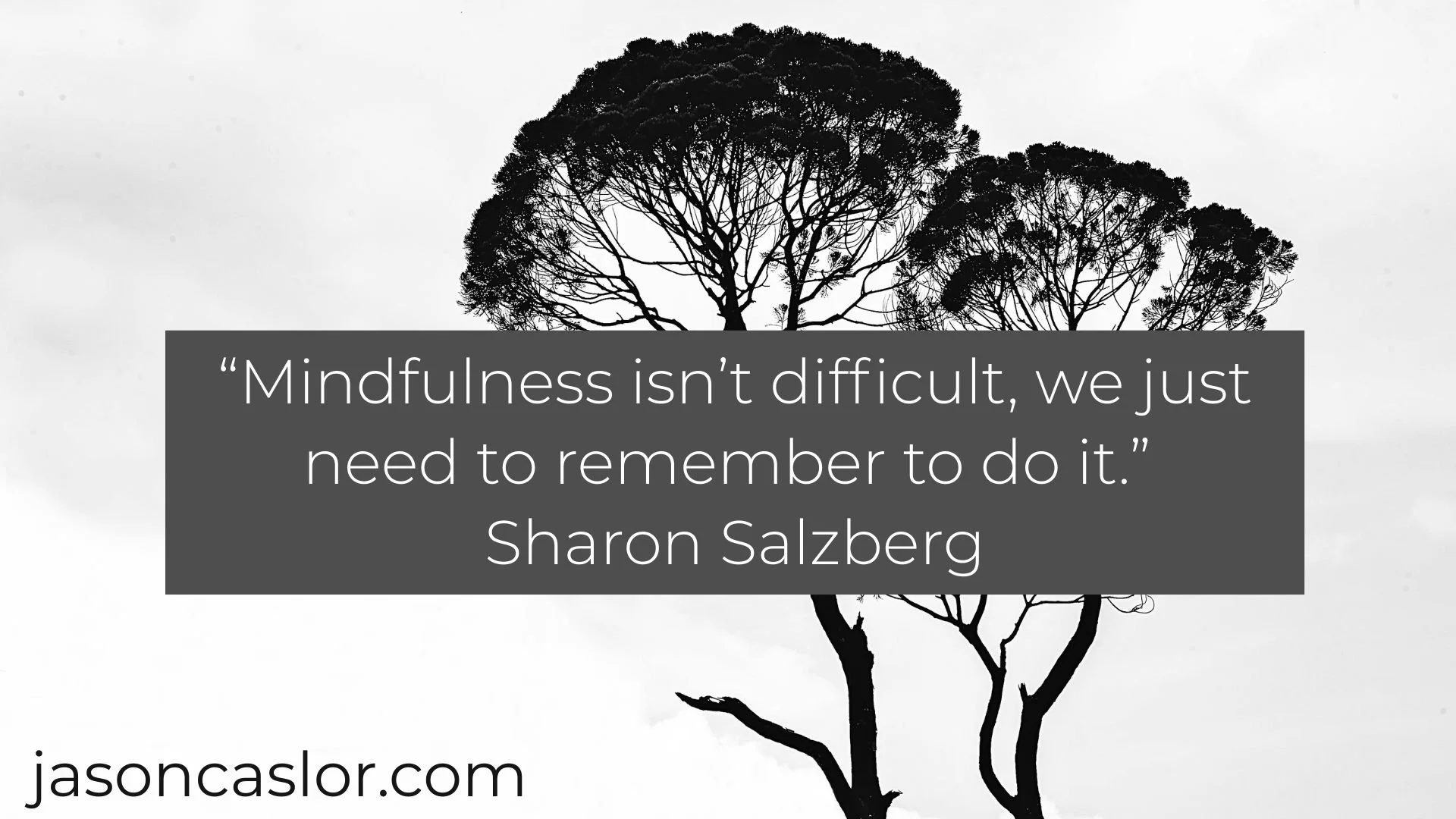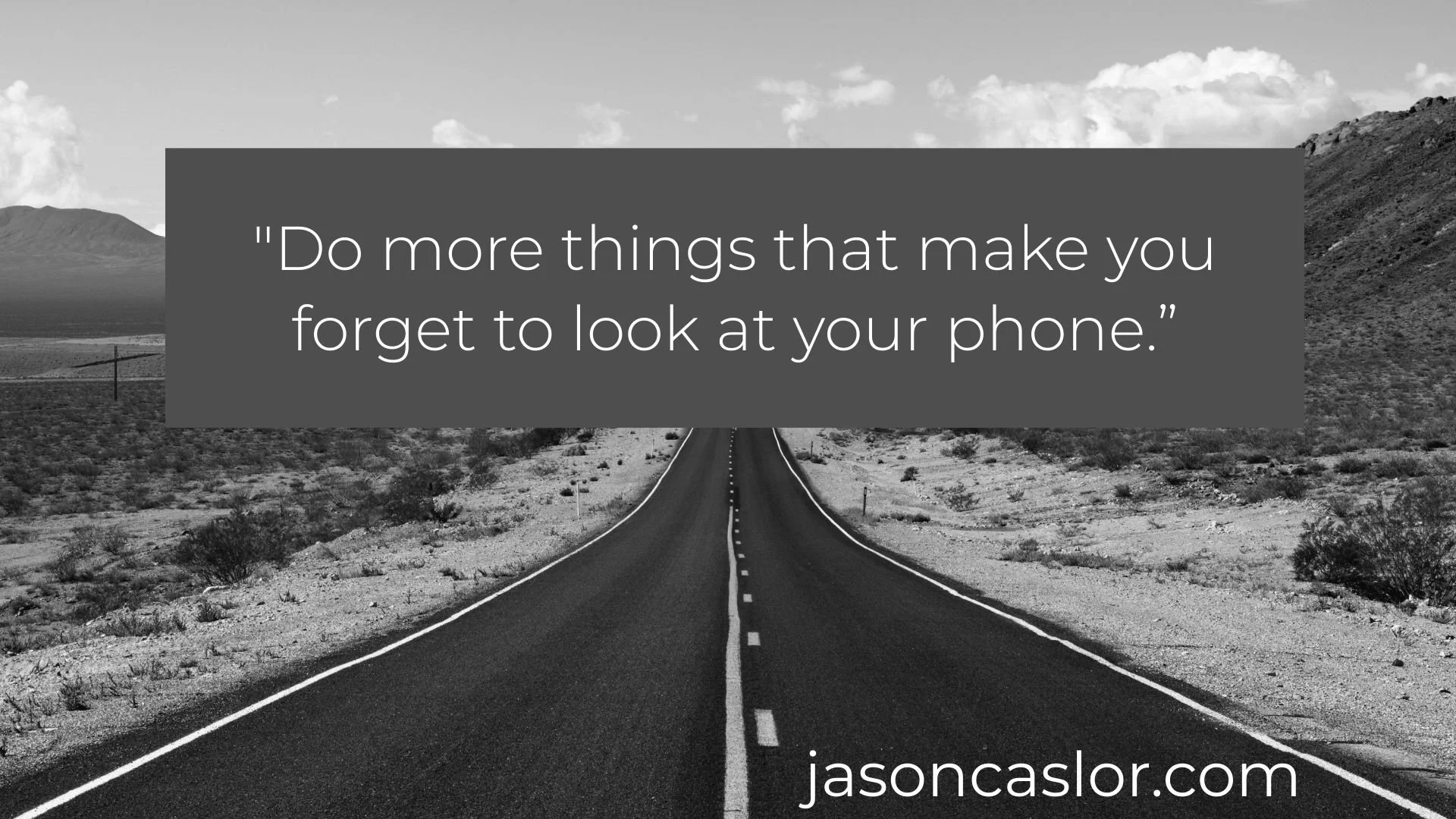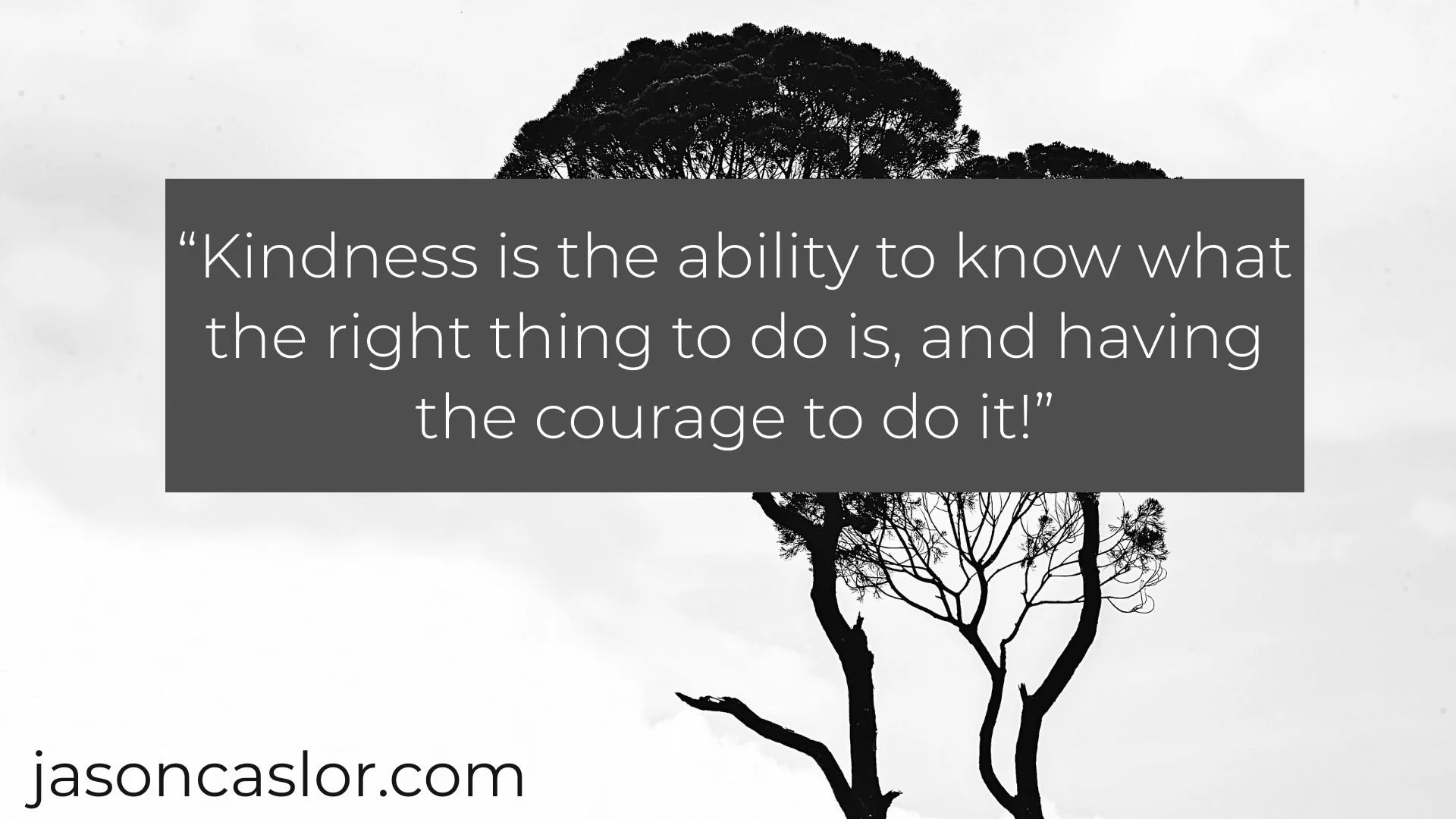Live in the breath…
Here are two simple breathing exercises or techniques that can help reduce anxiety:
Diaphragmatic (Belly) Breathing:
How to do it: Lie down or sit comfortably. Place one hand on your chest and the other on your belly. Inhale slowly and deeply through your nose, allowing your belly to rise (your hand on your belly should move, while the one on your chest remains still). Exhale slowly through your mouth, feeling your belly fall.
Why it helps: This technique engages the diaphragm, promoting deeper breaths that activate the parasympathetic nervous system, which is responsible for the "rest and digest" response, counteracting the "fight or flight" response associated with anxiety.
4-7-8 Breathing Technique:
How to do it: Inhale quietly through your nose for a count of 4. Hold your breath for a count of 7. Exhale completely through your mouth, making a whoosh sound, for a count of 8. Repeat this cycle for at least three to four breaths.
Why it helps: The prolonged exhalation in this technique helps to slow the heart rate and calm the nervous system. The focus on counting also provides a mental anchor, distracting the mind from anxious thoughts.
Calmness in activity…
Here are two examples of staying calm under pressure or in rigorous activity:
The Surgeon in a Complex Operation: During a high-stakes, hours-long surgery, an unexpected complication arises—perhaps a sudden bleed or an irregular heart rhythm in the patient. Instead of panicking, the surgeon's training kicks in. Their breathing remains steady, their movements precise, and their voice calm as they assess the situation, call for specific instruments, and direct the surgical team. They focus solely on the immediate steps needed to address the crisis, demonstrating an ability to isolate the critical task from the surrounding pressure.
The Marathon Runner Hitting "The Wall": Imagine a marathon runner nearing the 20-mile mark, their body screaming with fatigue, muscles aching, and mind urging them to stop. Instead of succumbing to the overwhelming physical discomfort and mental negativity, a calm runner will often shift their focus. They might concentrate on their breath, take a small sip of water, visualize the finish line, or repeat a calming mantra. By compartmentalizing the pain and focusing on the present mechanics of running—one step at a time—they maintain composure and continue forward, demonstrating mental resilience under extreme physical duress.
Accepting the present moment…
Here are two examples demonstrating that the present moment is largely happening and outside of our control:
A Sudden Downpour: Imagine you're planning an outdoor picnic, meticulously checking the forecast, and everything points to a clear, sunny day. Yet, as you spread your blanket, a sudden, unpredicted cloudburst occurs. The rain (the present moment) is happening immediately, and you have no power to stop it; your plans are disrupted despite your efforts to control the future weather.
The Unpredictable Bird Song: You're sitting in your garden, trying to concentrate on reading. Unexpectedly, a bird lands on a nearby branch and begins singing a loud, intricate song. The bird's presence and its song (the present moment) are happening right then, entirely unbidden and beyond your power to command or stop. While you can choose how you react to it – whether to be annoyed by the distraction or appreciate the beauty – the event itself is an unscripted, uncontrollable unfolding of the "now."
Beware of your thoughts…
Here are two examples of how to become more aware of the thoughts you are thinking, reinforcing that it's our thoughts about a situation, not the situation itself, that often cause distress:
The "Observer" Technique: Imagine you're watching a movie in your mind, and your thoughts are the characters on the screen. For instance, if you're stuck in traffic (the situation), instead of just feeling frustrated, consciously observe the thoughts like "I'm going to be late," "This is so annoying," or "Why does this always happen to me?" By stepping back and simply noticing these thoughts without judgment, you create a space between you and them, realizing they are just mental constructs, not the absolute truth of the situation.
Thought-Feeling-Situation Journaling: When you encounter a challenging situation, jot down three columns: "Situation," "Thoughts About the Situation," and "Feelings." For example:
Situation: My colleague gave me critical feedback on a project.
Thoughts About the Situation: "They think I'm incompetent," "My work isn't good enough," "I'm never going to succeed here."
Feelings: Discouraged, anxious, angry. This exercise clearly demonstrates how the critical thoughts you held about the feedback, rather than the feedback itself, are what triggered the negative feelings. You might then challenge those thoughts or generate alternative, more constructive ones.
Finding the joy of just being…
Here are three practical ways to slow down and increase presence:
Mindful Eating: Before your first bite, take a few deep breaths. As you eat, pay full attention to the colors, smells, textures, and tastes of your food. Chew slowly, noticing each sensation, and put your fork down between bites. This simple act turns a routine into an opportunity to truly savor the present.
Sensory Check-ins: Throughout your day, set intentional reminders to engage your five senses. For example, when you wash your hands, truly feel the warm water, notice the scent of the soap, and observe the bubbles. When walking, feel your feet on the ground, listen to the sounds around you, and notice the details of your surroundings. These brief sensory check-ins pull your attention away from internal chatter and into the immediate experience.
Single-Tasking: Commit to doing one thing at a time. Whether it is answering an email, drinking a cup of tea, or talking to a friend, give that single activity your undivided attention. Put away distractions like your phone. Dedicate your full focus to the task at hand. This not only increases presence but can also improve efficiency and reduce stress.
Mindfulness isn’t difficult…
Mindfulness is remarkably simple in concept: it's merely the practice of paying attention to the present moment without judgment. Yet, this seemingly straightforward act is profoundly difficult due to the incessant pull of distractions, the mind's natural tendency to wander, and our ingrained habits of judgment.
A simple exercise to practice mindfulness is the "Five Senses Exercise": take a moment to notice 5 things you can see, 4 things you can feel, 3 things you can hear, 2 things you can smell, and 1 thing you can taste in your immediate environment. This helps ground you by bringing your awareness fully into the present moment.
Only this moment…
The past is a memory and the future an anticipation; the only reality we ever truly inhabit is the present moment. This singular "now" is where all life unfolds, offering the sole opportunity for action, experience, and genuine connection.
What is going on…
Meditation offers significant mental health benefits, with studies showing a reduction in stress-related symptoms by as much as 30% and a decrease in anxiety levels by around 60% with consistent practice over six to nine months. Furthermore, it can enhance emotional well-being, with some research indicating that mindfulness meditation can improve symptoms of depression.
The little things aren’t little…
The warmth of the sun on your skin during a quiet morning walk.
Completing a small task you've been putting off
The first taste of an incredible meal.
A pet's enthusiastic greeting when you arrive home.
A “just checking in” text or email from a friend.
Forgot about your phone…
Rediscover activities you enjoy that don't involve your phone. This could be reading a physical book at a coffee shop, going for a walk or bike ride, exploring a local farmers market, or working on a puzzle. Having engaging alternatives reduces the urge to mindlessly scroll.
Do not dwell in the past…
Tech Timeout Reminder: Set a recurring alarm on your phone (maybe for mid-morning and mid-afternoon) as a reminder to put your phone down for just two minutes. During this time, look around your current surroundings – your office, your home, the park – and simply observe without any agenda.
Practice compassion…
Practicing compassion, both towards ourselves and others, demonstrably improves mental well-being by reducing anxiety and depression; a 2020 survey found that 63% of UK adults reported improved mental health from both receiving and giving kindness.
The wisdom of kindness…
True wisdom extends beyond intellect and knowledge, encompassing the profound understanding of our shared humanity and interconnectedness. By choosing compassion and empathy, we not only alleviate suffering but also cultivate stronger relationships and contribute to a more harmonious and flourishing world, demonstrating a deep understanding of what truly matters.
Help somebody up…
It's crucial to remember that everyone's journey and circumstances are unique, and judging someone based on their current position or struggles lacks empathy and understanding. Instead, fostering a culture of respect and support recognizes the inherent worth and potential in every individual, regardless of their role or challenges. By offering encouragement and opportunities for growth, you not only uplift others but also cultivate a more positive and collaborative environment for everyone.
The courage of honesty…
Honesty, even when delivering difficult truths, can be expressed with kindness by focusing on empathy and understanding the other person's perspective. It's about choosing your words carefully, avoiding blame, and framing your message with the intention to help or clarify, rather than to criticize or hurt. By pairing truthfulness with compassion, you can foster open communication and maintain positive relationships, even amidst challenging conversations.
A life lived for others…
Serving others offers a wealth of benefits that extend far beyond the immediate impact on the recipient. Engaging in acts of service can significantly boost one's mental and emotional well-being by fostering a sense of purpose and increasing feelings of self-worth. Research consistently shows that helping others reduces stress, combats depression, and promotes overall life satisfaction, creating a positive feedback loop for both giver and receiver.
One act of kindess…
A 2023 study published in the Journal of Experimental Psychology: General revealed that people consistently underestimate how much recipients appreciate their acts of kindness, suggesting even seemingly small gestures have a more significant positive impact than givers realize. This single positive interaction can set off a chain reaction, fostering a more compassionate and connected community, one heartfelt gesture at a time.
The simple act of caring…
In a world that often glorifies individual achievement, the act of genuinely caring for others stands as a quiet yet profound form of heroism. It requires empathy, selflessness, and a willingness to invest time and energy in the well-being of someone else, often without expectation of direct reward. This dedication to supporting and uplifting others, whether through grand gestures or small acts of compassion, embodies a powerful strength that strengthens the fabric of our shared humanity.
#mindfulmaestros #bekind #bepresent




















